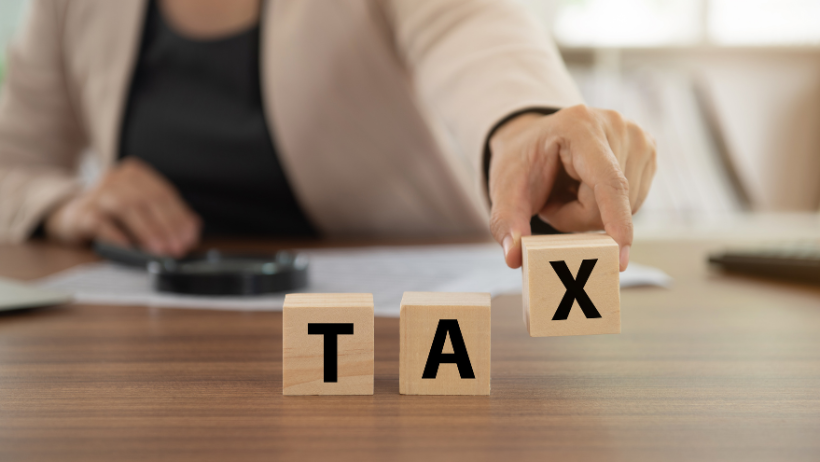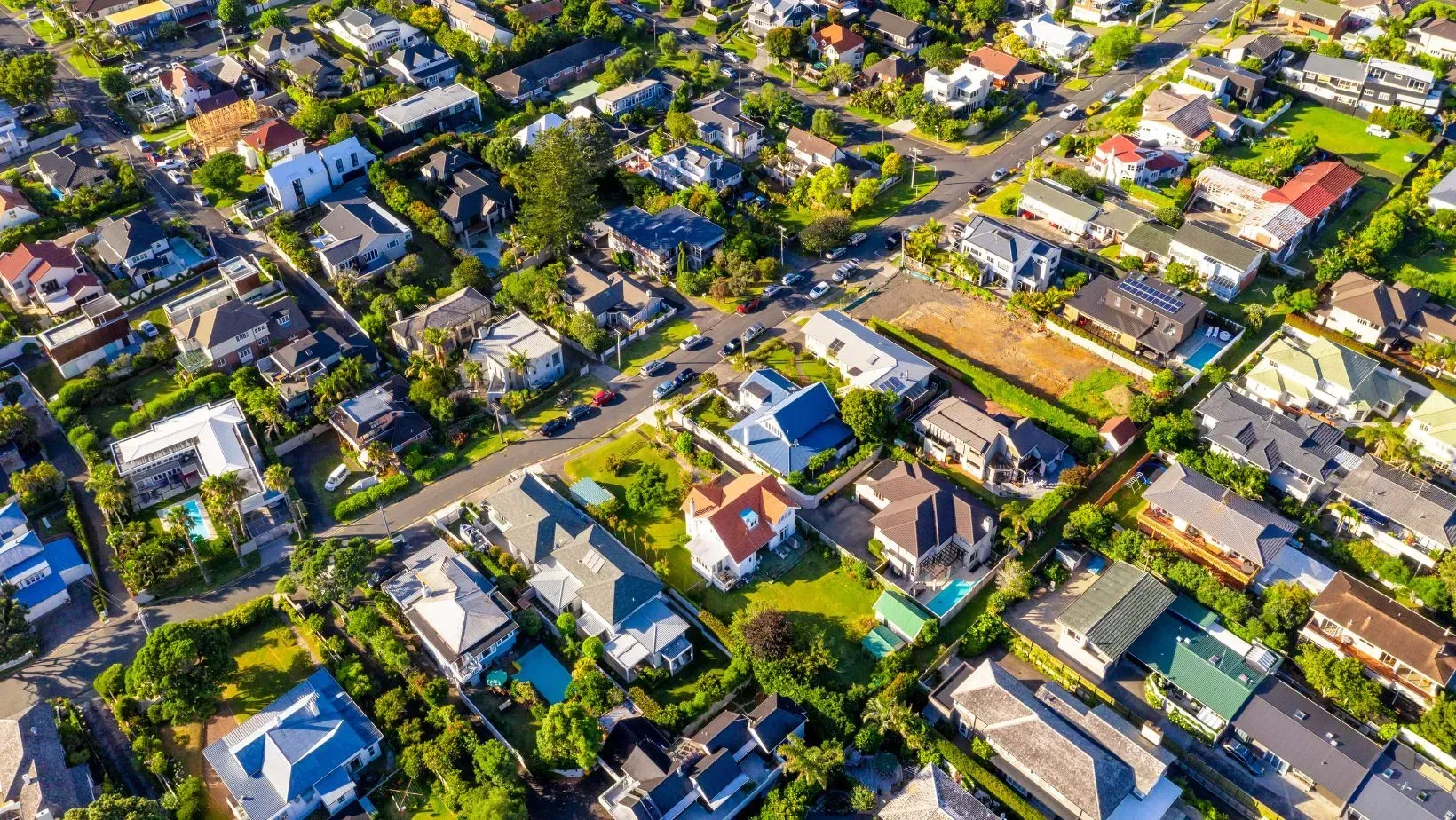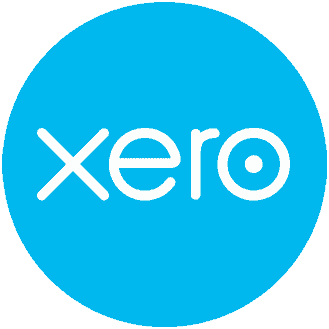Simplifying the Flat Rate Tax Credit System - In Time For Our First Year End Reporting?
How Upcoming Tax Changes Could Streamline Reporting for Short-Stay Accommodation Providers
When we presented on the new flat rate tax credit system earlier this year, we quickly worked out the income tax implications were going to be complicated – and costly for clients.
For income tax purposes, the flat-rate GST credit for non-GST registered suppliers of short-stay accommodation, such as those using platforms like Airbnb, was treated as excluded income for income tax purposes.
While this approach provided a simplified treatment on the income side, it led to considerable complexity when it came to expense deductions. Suppliers were required to apportion their expenses between GST-exclusive and GST-inclusive costs, depending on how their income was earned.
Income Tax Treatment of the Flat-Rate Credit:
Under the current rules, the flat-rate GST credit received by non-registered suppliers is excluded income for income tax purposes. This means that any expenses incurred in relation to this income have to be treated accordingly.
For suppliers who rented their property both through online platforms and privately, this meant that costs such as cleaning, maintenance, and utilities had to be apportioned based on how the property was used. This apportionment could be complex and time-consuming, as suppliers needed to calculate which expenses applied to online marketplace bookings and which applied to other types of bookings.
Specifically:
- Marketplace rentals: Expenses associated with nights rented via an online marketplace were deductible on a GST-exclusive basis. E.g. expenses related to AirBnB bookings.
- Non-marketplace rentals: Expenses associated with other rental nights were deductible on a GST-inclusive basis, as no flat-rate credit applied. E.g. expenses related to bookings directly from the supplier’s own website.
When expenses were shared across both types of rental nights, suppliers had to allocate or apportion their expenses proportionally, adding a layer of complexity to their year-end tax filings.
A New Option:
To simplify this process, the Taxation (Annual Rates for 2024–2025, Emergency Response, and Remedial Measures) Bill proposes an amendment that would allow non-registered suppliers to treat the flat-rate GST credit as assessable income for income tax purposes.
If a supplier elects this option, they will no longer need to apportion their costs. Instead, all expenses related to short-stay accommodation, including those booked through online platforms, can be deducted on a GST-inclusive basis. It eliminates the need to apportion costs, which many short-stay providers and advisors found difficult and confusing.
If enacted, this proposal will remove the need for apportionment and allow for more straightforward tax filings. Draft rulings have already been prepared by Inland Revenue based on the assumption that this amendment will be passed into law.
Why This Sounds Familiar:
The proposed approach bears a strong resemblance to our original discussions to treat the flat-rate GST credit as a negative expense. This suggestion was based on the understanding that the flat-rate credit serves as a pseudo-GST component, reflecting the portion of expenses related to the supply on which GST is effectively being paid. By treating it as a negative expense for income tax purposes, or now as assessable income, it should align the GST component of income and expenses, making tax reporting much simpler for non-registered suppliers.
This treatment is optional, and some taxpayers may prefer to treat the flat rate tax credit as non-assessable income and complete any apportionment of expenses required.
My Perspective:
Had these changes not been introduced, many short-stay accommodation providers might have struggled to comply with the existing rules. The cost and effort involved in meeting the detailed requirements for apportioning expenses would have been a significant burden, particularly for smaller operators. This simplification is a practical solution. By making the system easier to navigate, it increases the likelihood that providers will comply with the new flat rate tax credit rules.
*This publication contains generic information only. NZ Tax Desk Ltd is not responsible for any loss sustained by anyone relying on the contents of this publication. We recommend you obtain specific taxation advice for your circumstances.














